Sleepless on the spectrum
Recent articles
Featured articles
Note to autism scientists: Control for z’s
Differences in sleep and circadian rhythm may distort the results of autism studies.
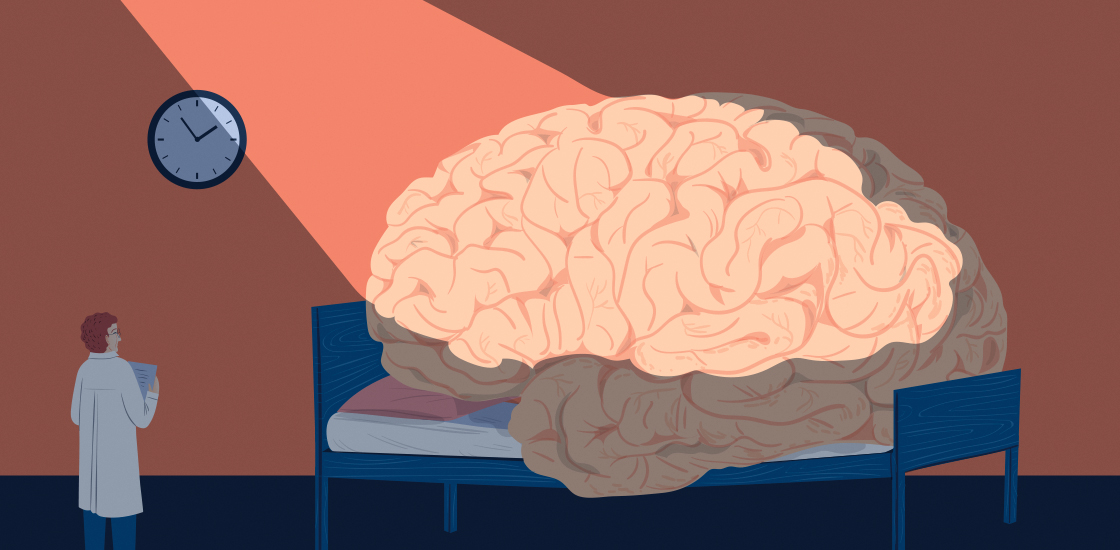
Note to autism scientists: Control for z’s
Differences in sleep and circadian rhythm may distort the results of autism studies.
How to get children with autism to sleep
Insomnia troubles many children with autism. Luckily, research is awakening parents to some simple bedtime solutions.
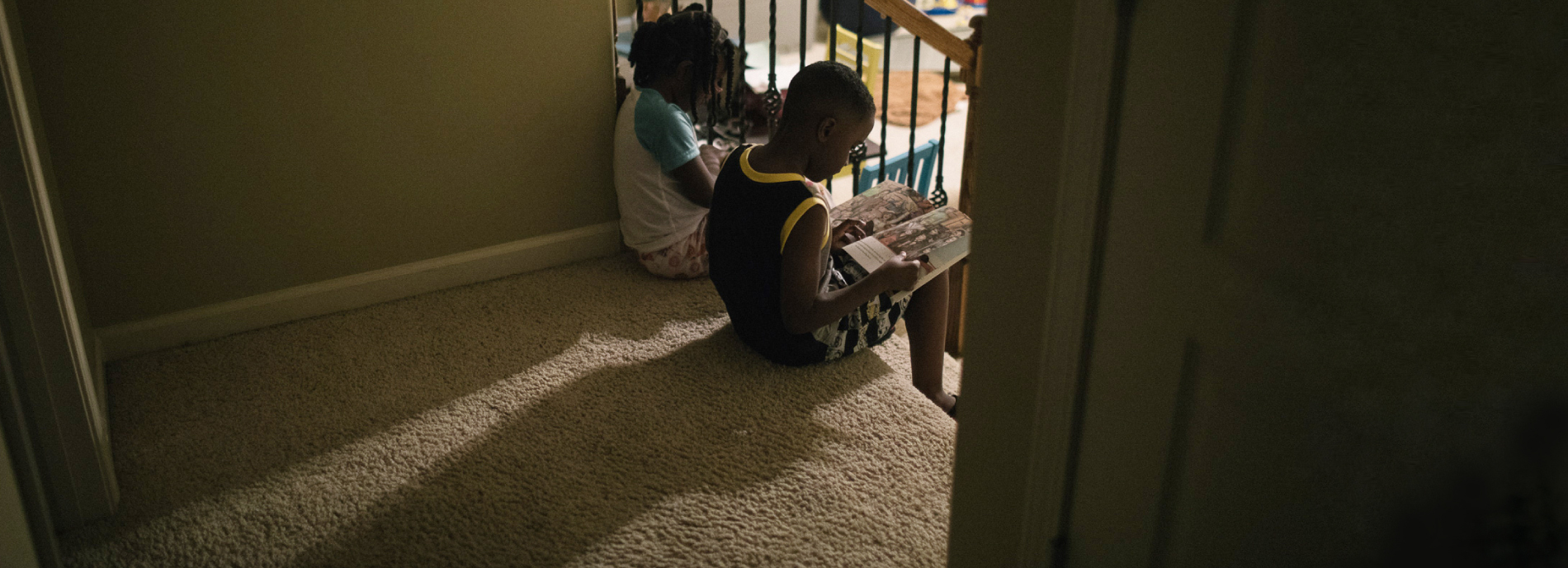
How to get children with autism to sleep
Insomnia troubles many children with autism. Luckily, research is awakening parents to some simple bedtime solutions.
Sleep problems in autism, explained
Many people with autism have difficulty falling and staying asleep, but there may be ways to help them.
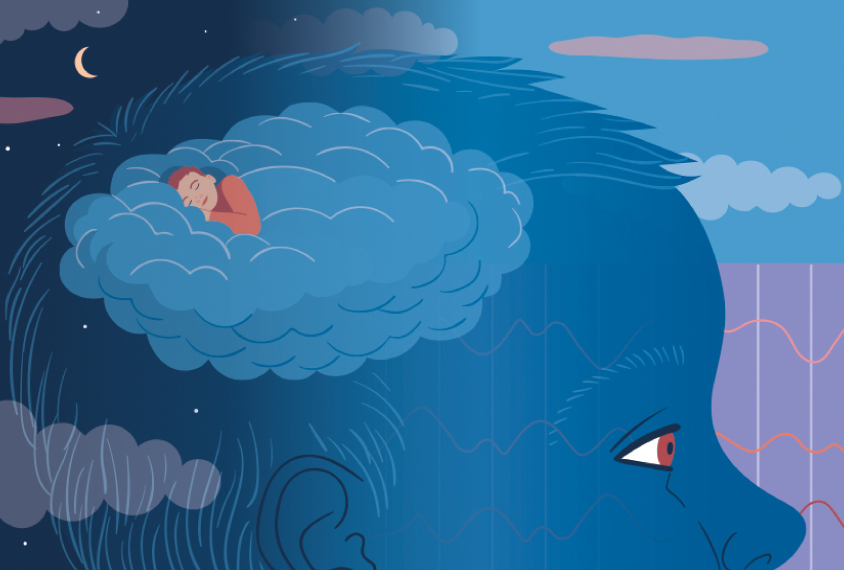
Sleep problems in autism, explained
Many people with autism have difficulty falling and staying asleep, but there may be ways to help them.
Electronic glow may disrupt sleep for people on the spectrum
Exposure to certain types of light at night may exacerbate sleep issues among people with autism.
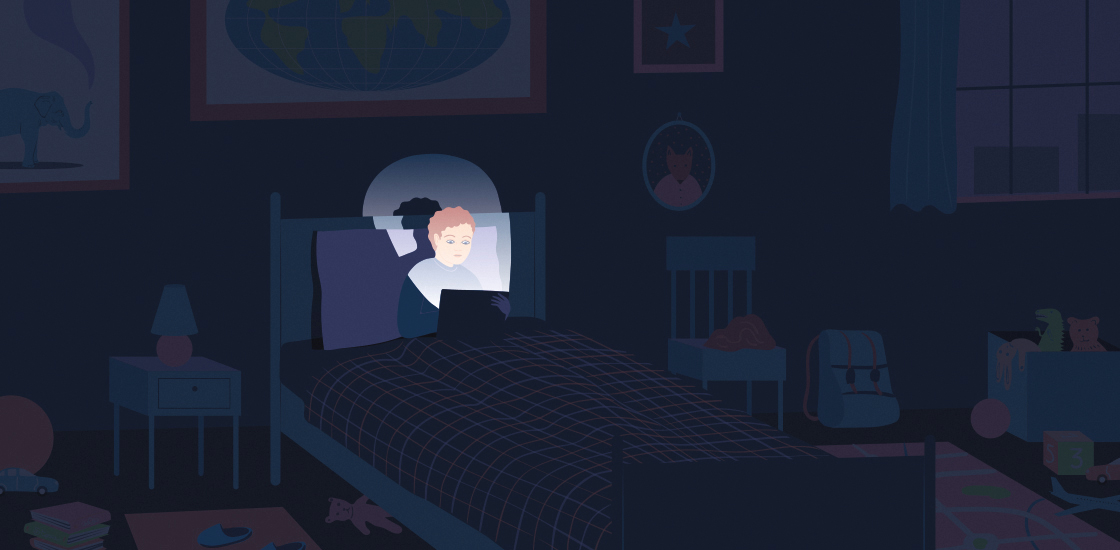
Electronic glow may disrupt sleep for people on the spectrum
Exposure to certain types of light at night may exacerbate sleep issues among people with autism.
How treating sleep may ease all forms of autism
Behavioral interventions and medications can help children with autism-related syndromes sleep better, but the treatments must be tailored to the cause of each child’s sleep disturbance.
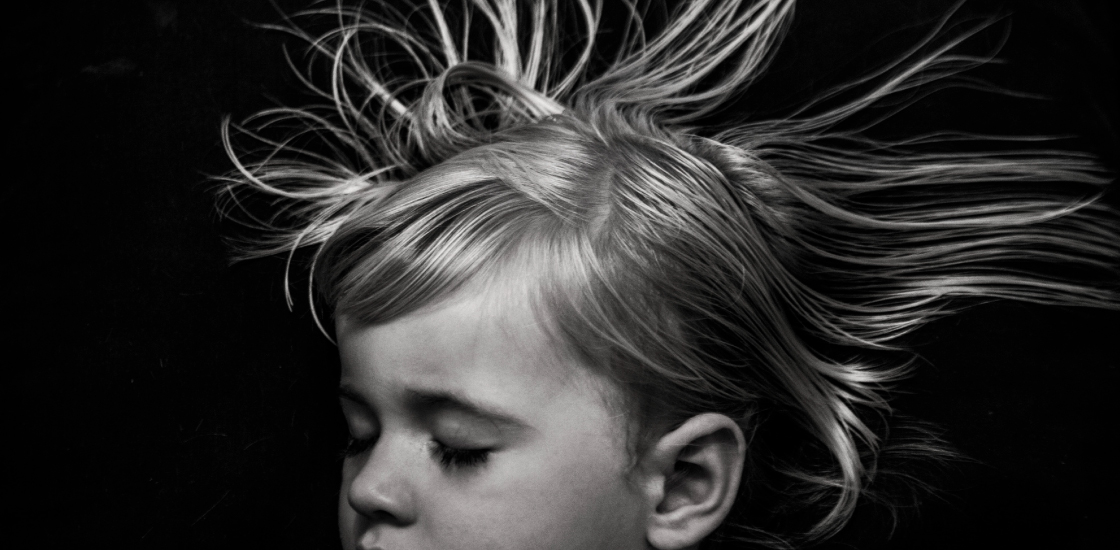
How treating sleep may ease all forms of autism
Behavioral interventions and medications can help children with autism-related syndromes sleep better, but the treatments must be tailored to the cause of each child’s sleep disturbance.
Autism may disrupt the body’s circadian clock
Sleep problems in autism may stem from the same biological changes that underlie the core features of the condition.
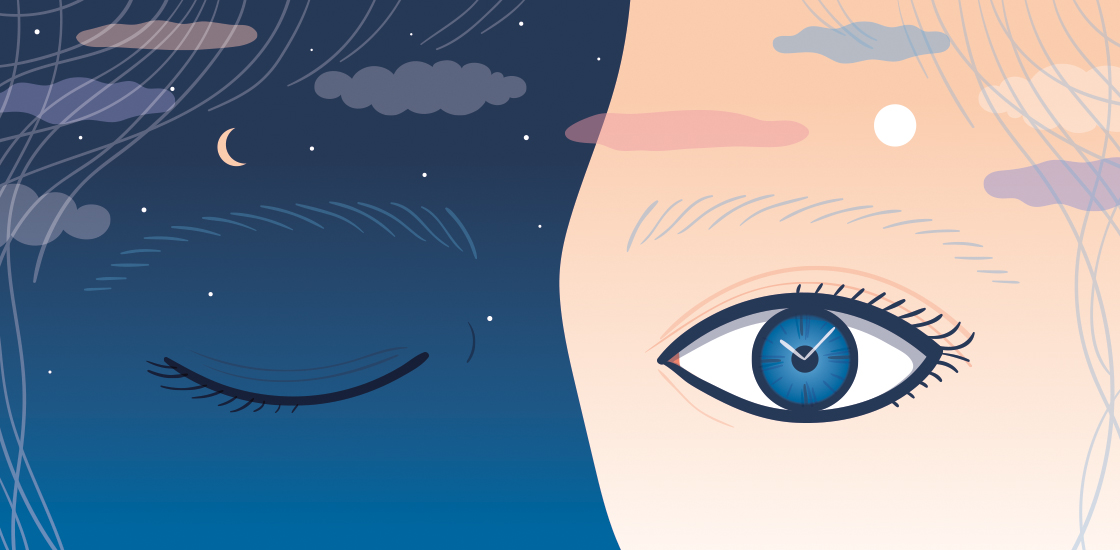
Autism may disrupt the body’s circadian clock
Sleep problems in autism may stem from the same biological changes that underlie the core features of the condition.
Sleepless nights rouse behavioral problems in children with autism
Children with autism who have sleep problems are often distracted, hyperactive, irritable and aggressive.
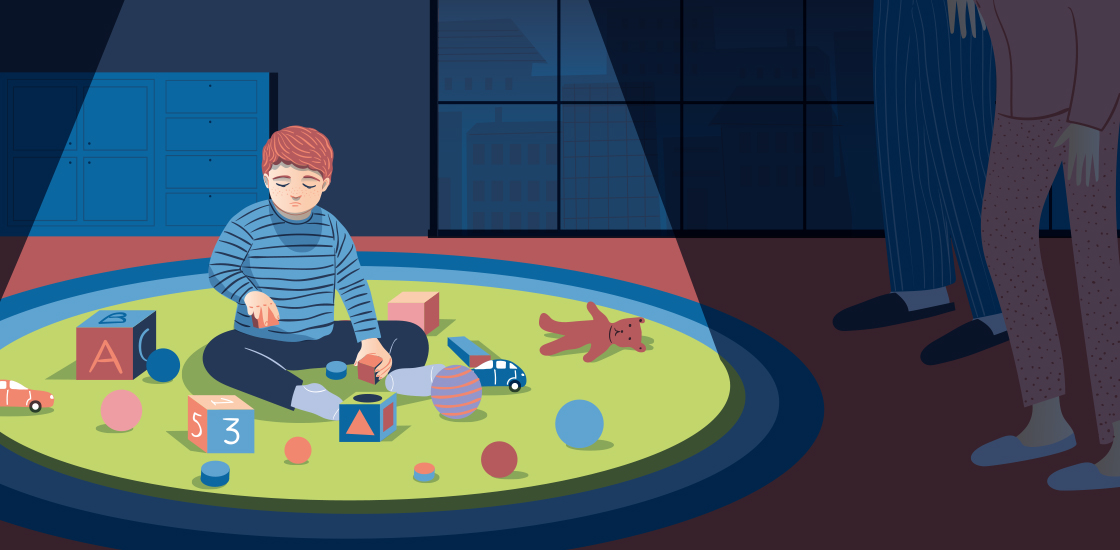
Sleepless nights rouse behavioral problems in children with autism
Children with autism who have sleep problems are often distracted, hyperactive, irritable and aggressive.
Divided autism community bonds over need to study sleep
Autism researchers and funding agencies should turn their attention to sleep in autism — and its many connections to health, mood and behavior.
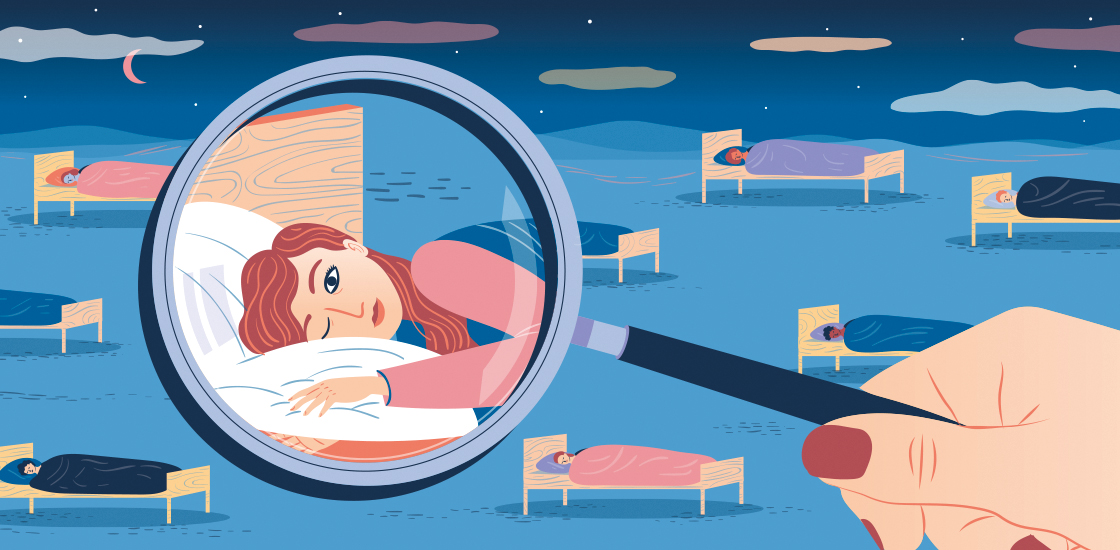
Divided autism community bonds over need to study sleep
Autism researchers and funding agencies should turn their attention to sleep in autism — and its many connections to health, mood and behavior.
What’s the connection between autism and sleep?
For many people with autism, a good night’s sleep is an elusive thing.
What’s the connection between autism and sleep?
For many people with autism, a good night’s sleep is an elusive thing.
Family circus starring child with autism runs all night
Erin, a girl with autism, stayed awake talking, singing and playing acrobat — but not sleeping — for about four years.
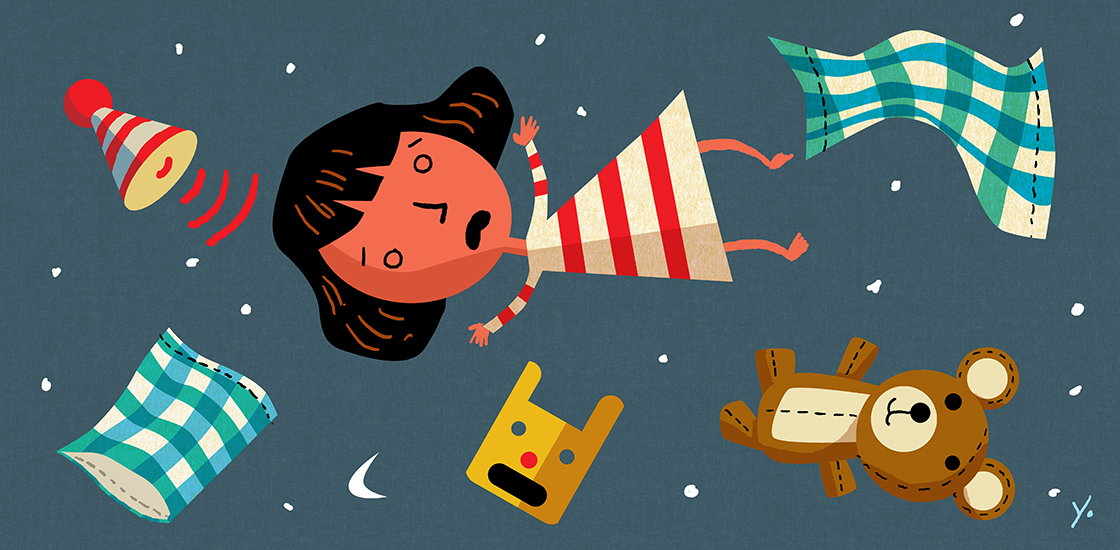
Family circus starring child with autism runs all night
Erin, a girl with autism, stayed awake talking, singing and playing acrobat — but not sleeping — for about four years.
Spectrum Stories: Where autism meets sleeplessness
Scientists are trying to understand why people with autism so often have trouble sleeping, and how to help them.
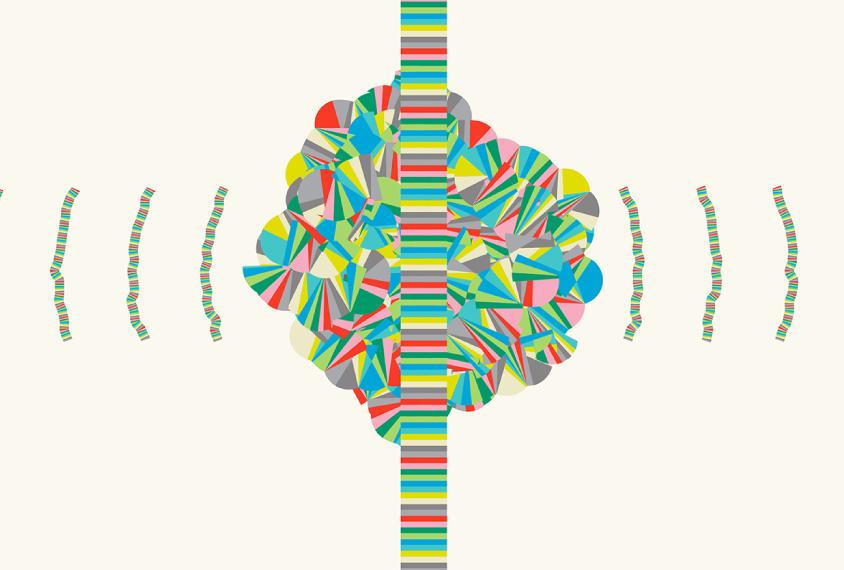
Spectrum Stories: Where autism meets sleeplessness
Scientists are trying to understand why people with autism so often have trouble sleeping, and how to help them.
Inside Scoop From the Autism Anchors: Sleep on the spectrum
Two scientists describe the causes and consequences of sleep disruptions in autism -- and what to do about them.

Inside Scoop From the Autism Anchors: Sleep on the spectrum
Two scientists describe the causes and consequences of sleep disruptions in autism -- and what to do about them.
From the archives
Wide awake: Why children with autism struggle with sleep
Half of children who have autism have trouble falling or staying asleep, which may make their symptoms worse. Scientists are just beginning to explore what goes wrong in the midnight hour.

Wide awake: Why children with autism struggle with sleep
Half of children who have autism have trouble falling or staying asleep, which may make their symptoms worse. Scientists are just beginning to explore what goes wrong in the midnight hour.
Exploring sleep in children with autism
Many children with autism have problems with sleep, which can worsen symptoms of the disorder. A better understanding of sleep in autism may help reveal the mechanisms of autism and point to potential treatments, say Ruth O'Hara and Michelle Primeau.

Exploring sleep in children with autism
Many children with autism have problems with sleep, which can worsen symptoms of the disorder. A better understanding of sleep in autism may help reveal the mechanisms of autism and point to potential treatments, say Ruth O'Hara and Michelle Primeau.
Melatonin gains momentum as sleep aid for people with autism
A new formulation of the hormone melatonin seems to improve sleep in some children with autism.
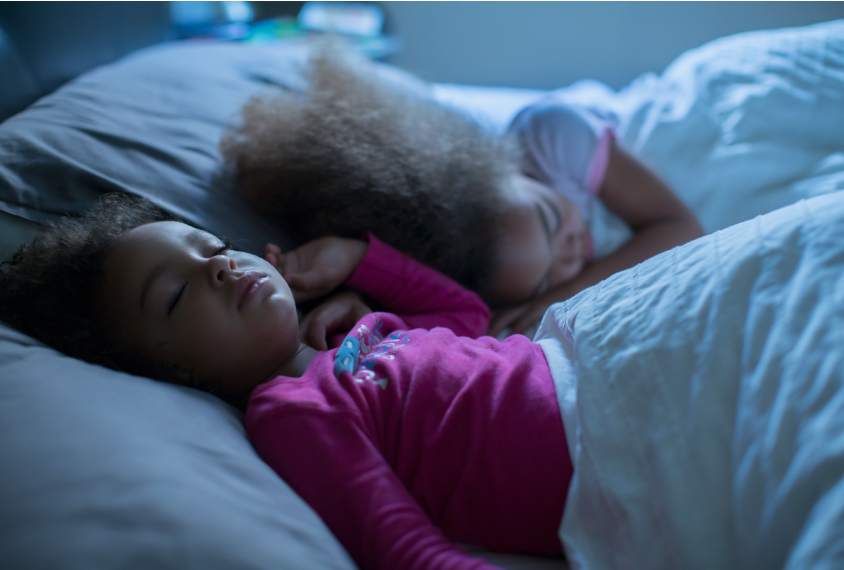
Melatonin gains momentum as sleep aid for people with autism
A new formulation of the hormone melatonin seems to improve sleep in some children with autism.
Short sleep is unhappy bedfellow for autism features
The fewer hours of sleep children with autism get, the more severe their features, according to a study of more than 2,700 children with the condition.
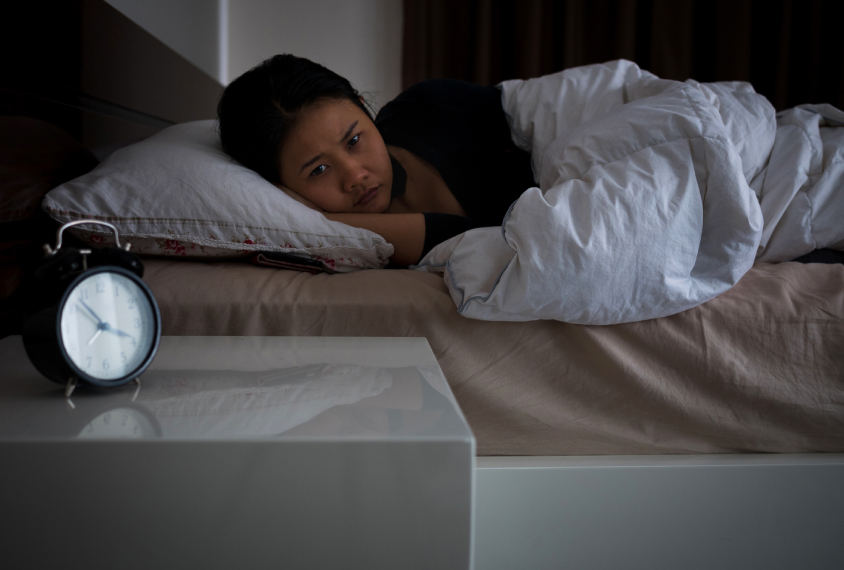
Short sleep is unhappy bedfellow for autism features
The fewer hours of sleep children with autism get, the more severe their features, according to a study of more than 2,700 children with the condition.
Body clock genes may set pace for sleep issues in autism
People with autism are twice as likely to carry alterations in genes that regulate the circadian clock, or the body’s sleep-wake cycle as those without the disorder. The findings may help explain why most children with autism have trouble with sleep.

Body clock genes may set pace for sleep issues in autism
People with autism are twice as likely to carry alterations in genes that regulate the circadian clock, or the body’s sleep-wake cycle as those without the disorder. The findings may help explain why most children with autism have trouble with sleep.
Mutation tied to autism deprives male mice of their sleep
A DNA deletion linked to autism causes male mice, but not females, to have trouble falling asleep.
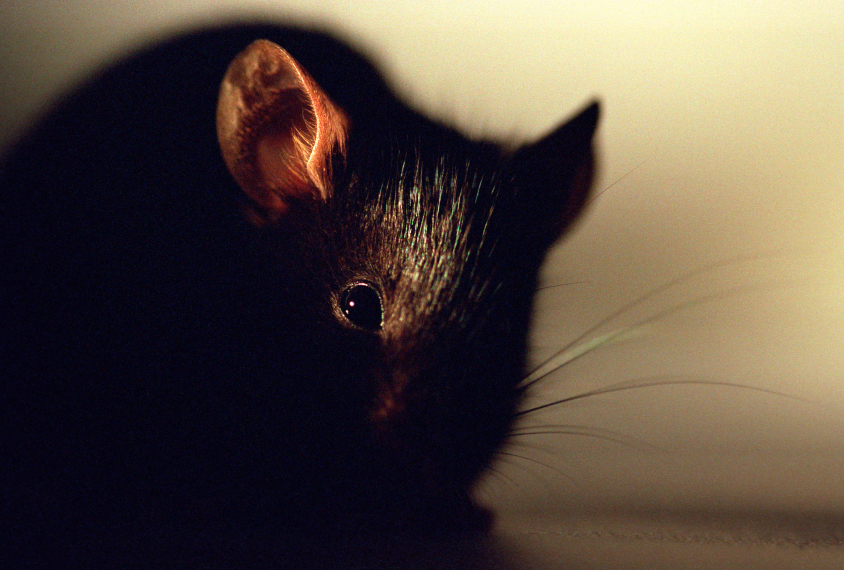
Mutation tied to autism deprives male mice of their sleep
A DNA deletion linked to autism causes male mice, but not females, to have trouble falling asleep.
Tricks to treat Angelman syndrome may lie in ‘clock cells’
A newly discovered phenomenon in cells that regulate the sleep-wake cycle may provide clues for how to treat two autism-related conditions.

Tricks to treat Angelman syndrome may lie in ‘clock cells’
A newly discovered phenomenon in cells that regulate the sleep-wake cycle may provide clues for how to treat two autism-related conditions.
Autism in fragile X syndrome tied to seizures, sleep problems
In people with fragile X syndrome, autism is often accompanied by seizures, trouble falling or staying asleep and anxiety.
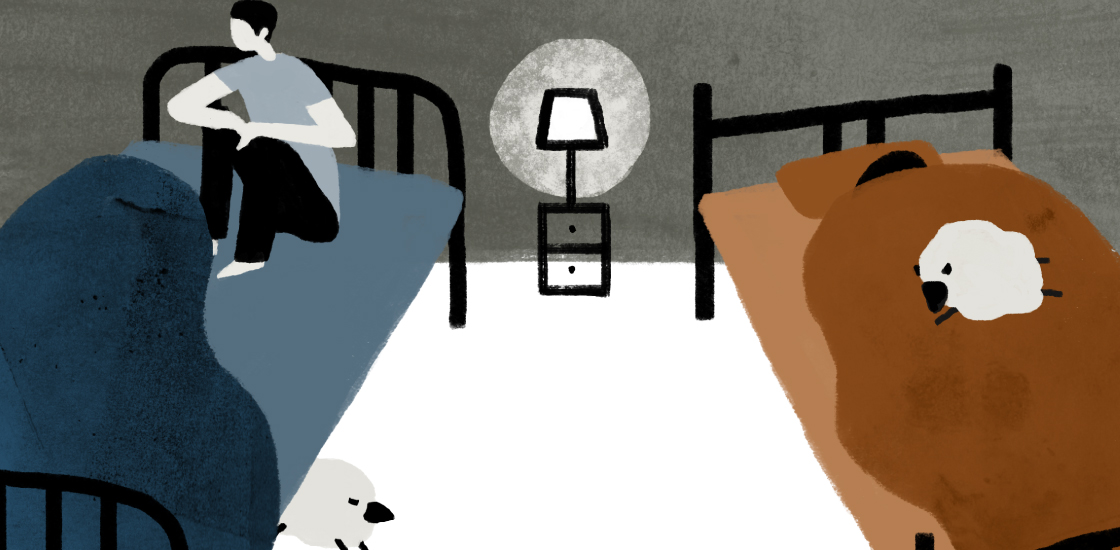
Autism in fragile X syndrome tied to seizures, sleep problems
In people with fragile X syndrome, autism is often accompanied by seizures, trouble falling or staying asleep and anxiety.
Dim light casts shadow on mouse sleep, behavior
Exposure to a dim light at night disrupts sleep and worsens repetitive behaviors and social difficulties in a mouse model of autism.
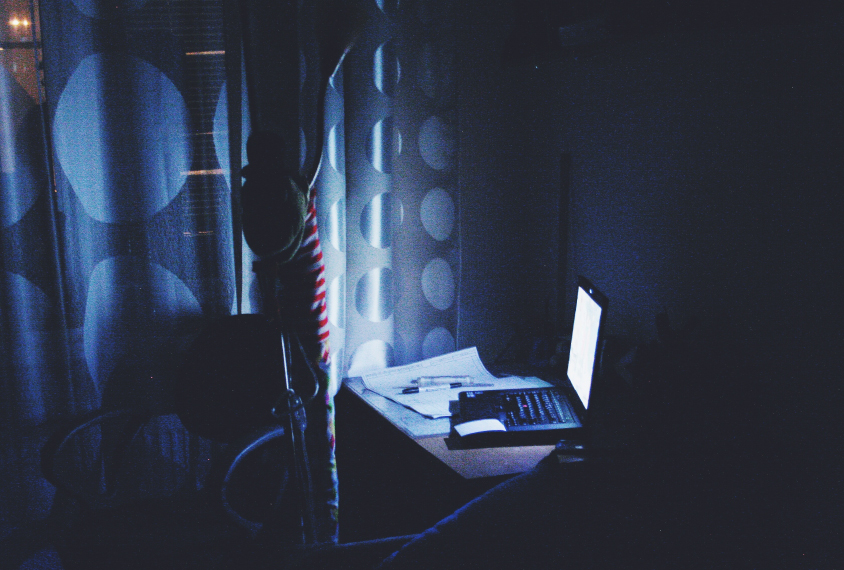
Dim light casts shadow on mouse sleep, behavior
Exposure to a dim light at night disrupts sleep and worsens repetitive behaviors and social difficulties in a mouse model of autism.
Explore more from The Transmitter
Early trajectory of Alzheimer’s tracked in single-cell brain atlases
Inflammation in glia and the loss of certain inhibitory cells may kick off a disease cascade decades before diagnosis.
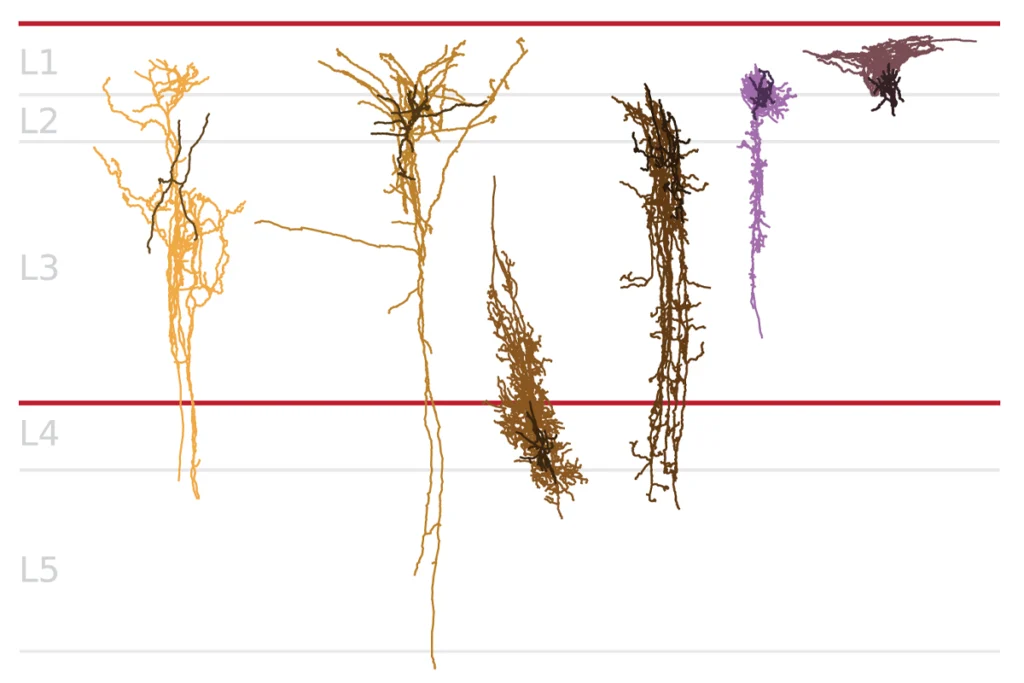
Early trajectory of Alzheimer’s tracked in single-cell brain atlases
Inflammation in glia and the loss of certain inhibitory cells may kick off a disease cascade decades before diagnosis.
Okur-Chung neurodevelopmental syndrome; excess CSF; autistic girls
Here is a roundup of autism-related news and research spotted around the web for the week of 21 October.
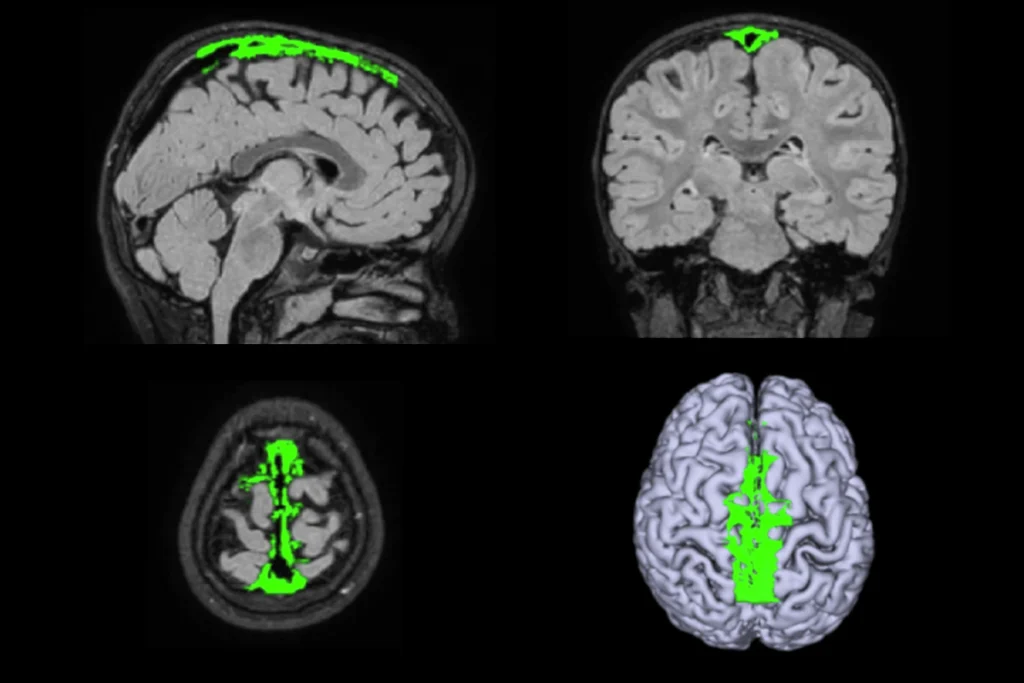
Okur-Chung neurodevelopmental syndrome; excess CSF; autistic girls
Here is a roundup of autism-related news and research spotted around the web for the week of 21 October.
Brains, biases and amyloid beta: Why the female brain deserves a closer look in Alzheimer’s research
New results suggest the disease progresses differently in women, but we need more basic science to unpack the mechanisms involved.
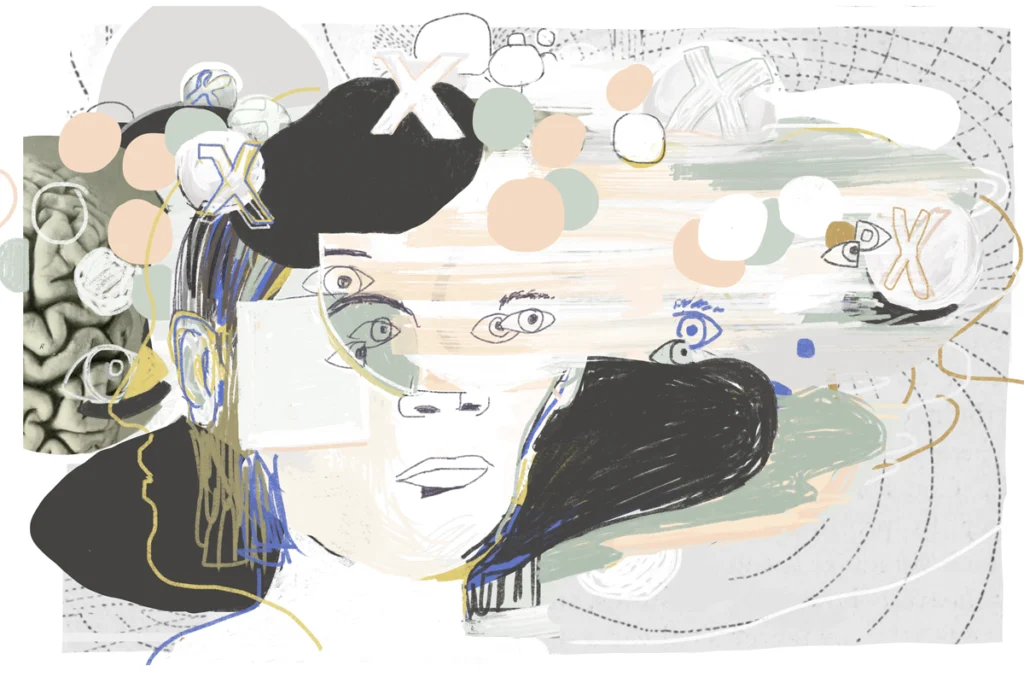
Brains, biases and amyloid beta: Why the female brain deserves a closer look in Alzheimer’s research
New results suggest the disease progresses differently in women, but we need more basic science to unpack the mechanisms involved.